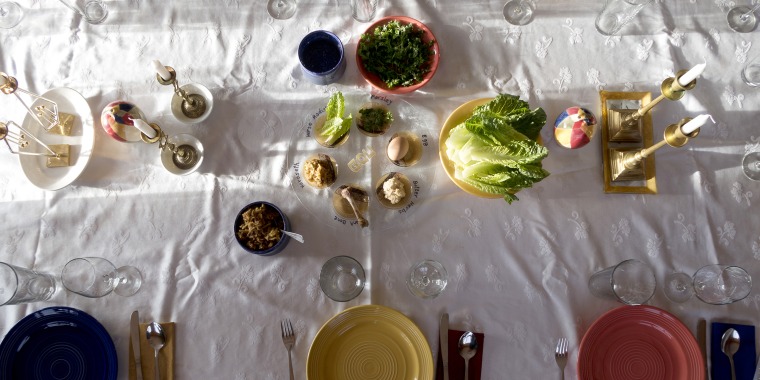Jews across the world began celebrating Passover this past Saturday evening, and it is considered one of the most important holidays on the Jewish calendar. The Seder is a traditional, communal dinner where the story of the Israelites exodus from Egypt where they were slaves is retold, and food plays a central role in the storytelling. And while many Jewish families welcome non-Jews to celebrate and dine with them during Passover, a new emergence of "Christian Seders," where non-Jews reinterpret the traditions and symbolism of the holiday, has some people shaking their heads in disbelief, while others are downright outraged by the idea.
On Sunday, Twitter lit up when a user @clapifyoulikeme tweeted a screenshot of a "modified Seder meal" posted by Christian lifestyle coach, Carly Friesen, on Facebook.
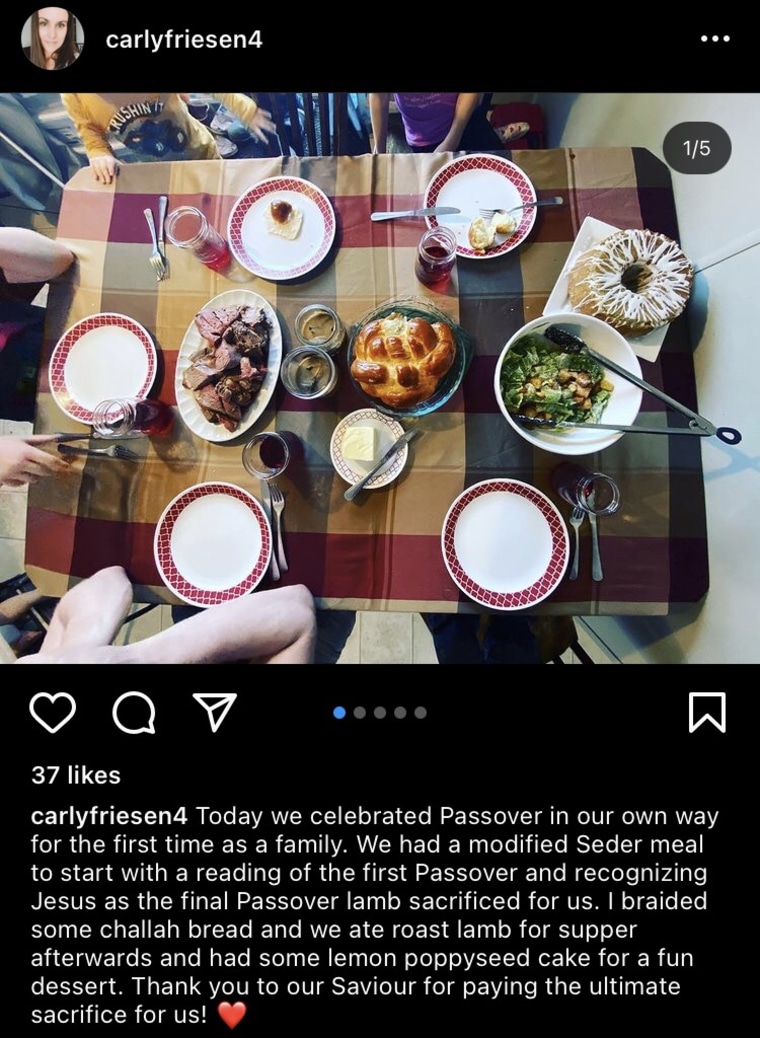
"I think I just had a rage blackout," she tweeted, linking to the since-restricted or deleted Facebook post which featured scenes from the "Seder," including a picture of a challah, a traditional Jewish bread, braided into the shape of a cross. (Jews are forbidden to eat leavened bread on Passover, reflecting the fact that when the Hebrews fled Egypt they didn't have time to let their bread rise, and instead eat matzo during the holiday.)
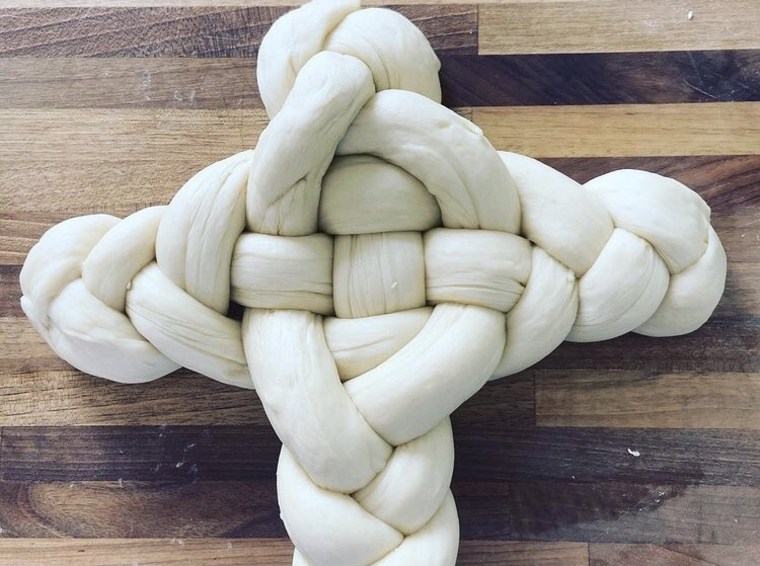
"Today we celebrated Passover in our own way for the first time as a family," Friesen posted along with the pictures from her meal. "We had a modified Seder meal to start with a reading of the first Passover and recognizing Jesus as the final Passover lamb sacrificed for us. I braided some challah bread and we ate roast lamb for supper afterwards and had some lemon poppyseed [sic] cake for a fun dessert. Thank you to our Savior for paying the ultimate sacrifice for us!"

"CHALLAH FOR PASSOVER. CHALLAH. FOR. PASSOVER. I-," one person replied to the tweet, calling out the fact that one of the main traditions of the holiday involves not eating bread.
"I mean the funny thing is if she just wanted to have a nice Palm Sunday dinner with a Bible reading and egg bread braided to look like a cross that would be fine?" responded another user.
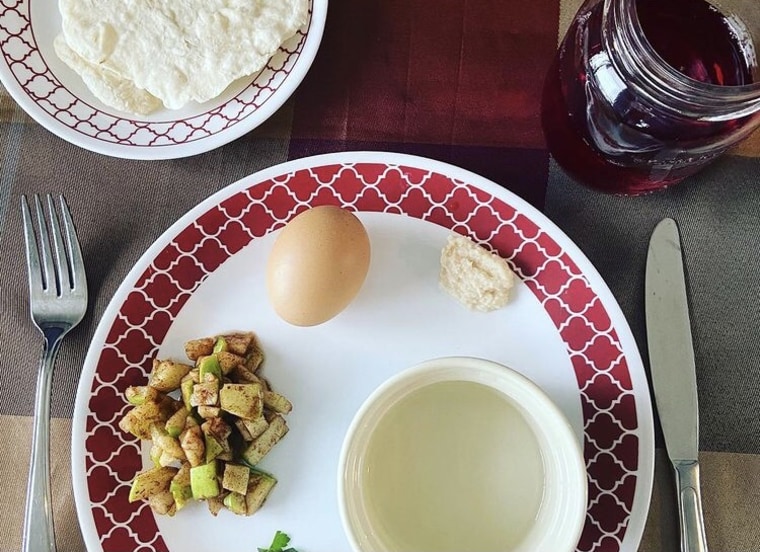
"Christian seders are, very unfortunately, a thing," posted someone else.
"A seder is a Jewish ritual," wrote the original poster of the tweet. "These people are Christians. They are appropriating it …"
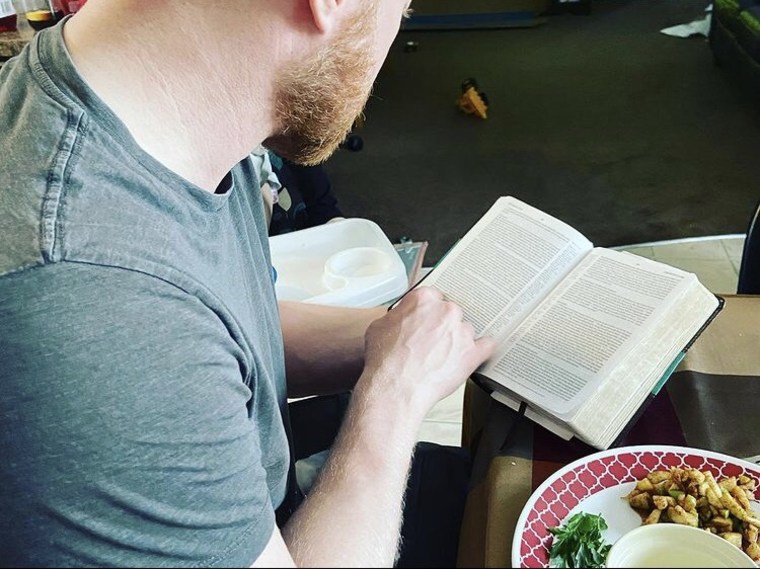
According to The Forward, some view Christian Seders as a way to reinterpret the Old Testament, while others view it as cultural appropriation. In a Christian Seder, the afikomen, or broken middle matzo, which is eaten for dessert, is reimagined as the bread of the Eucharist, symbolic of Christ. Because Jesus's Last Supper was a Seder, some Christians have begun to celebrate the holiday to be more like Christ.
But is it OK to reinterpret another culture's history, especially one that includes suffering, and switch up the traditions to make it one's own? Many people say that giving the Seder a new narrative erases the original story, while some Christians see it as another opportunity to gather together for a meal and enrich their own community.
TODAY Food reached out to Friesen for comment but has not heard back.
Related:
